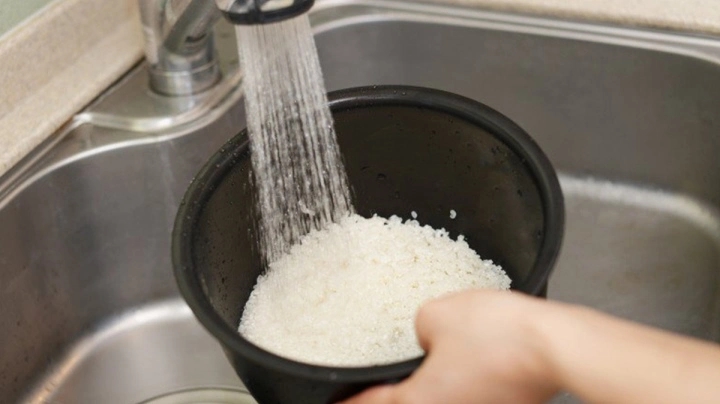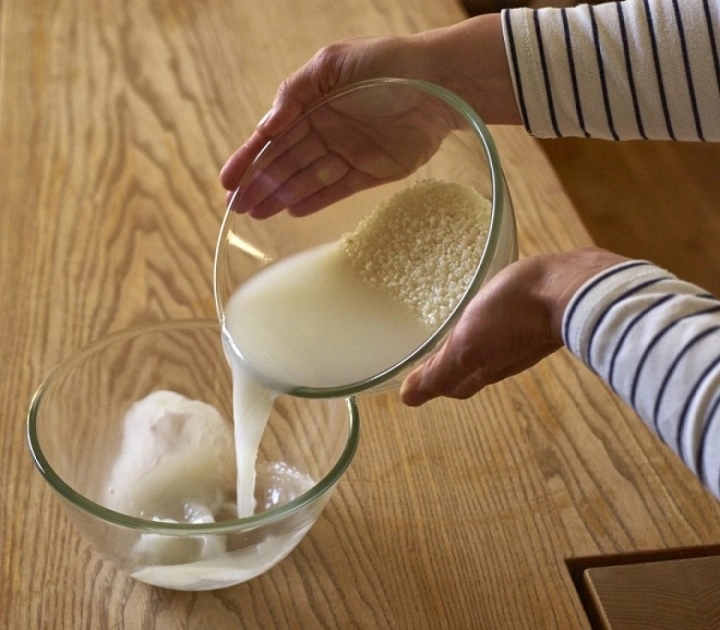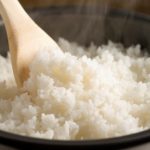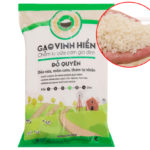Rice is not just a food that fills your stomach, but it also contains many beneficial nutrients for your health. Keep these tips in mind to cook delicious and nutritious rice.
Cooking rice with cold water or hot water?
Using cold water to cook rice is a habit of many Vietnamese people. Cooking rice with cold water will cause the rice grains to expand, and the nutrients will dissolve in the water.
If you cook rice with hot water, the outer layer of the rice grains will shrink, creating a protective layer that prevents the rice from cracking, thus preserving the nutrients. Cooking rice with hot water also shortens the cooking time, making the rice cook faster. Additionally, it helps save energy consumed during the cooking process.

Cooking rice with cold water or hot water?
Therefore, if you don’t want to spend a lot of time cooking rice and want to ensure nutrition for your family, give up the habit of cooking rice with cold water.
Common mistakes when cooking rice that almost everyone makes
– Not soaking the rice before cooking
Soaking the rice in water before cooking helps soften the grains and ensures even cooking. It is recommended to soak the rice for 30 minutes to 1 hour before cooking.
– Rinsing the rice excessively
Vitamin B1 is mainly found on the outer layer of the rice grains. If you rinse the rice excessively when cooking, you will lose the nutrients. You should only rinse the rice once or twice to remove dirt. Many people have the habit of rinsing the rice 4-5 times until the water is clear, which is a mistake to avoid.

Just rinse the rice once or twice to remove dirt.
– Adding too little or too much water
Adding an incorrect amount of water can result in sticky or dry rice, or unevenly cooked rice. Adding just enough water to make the rice fluffy and delicious is not something everyone can do. Each type of rice requires a specific amount of water. Therefore, when buying rice, you should cook a test batch first. For 500g of rice, you should add 600ml of water, then adjust accordingly.
– Opening the lid too frequently
Opening the lid multiple times during the cooking process can reduce the temperature and cause the necessary steam for cooking the rice to escape. Only open the lid when you need to check or when the rice is fully cooked.
Source: vtc.vn





































